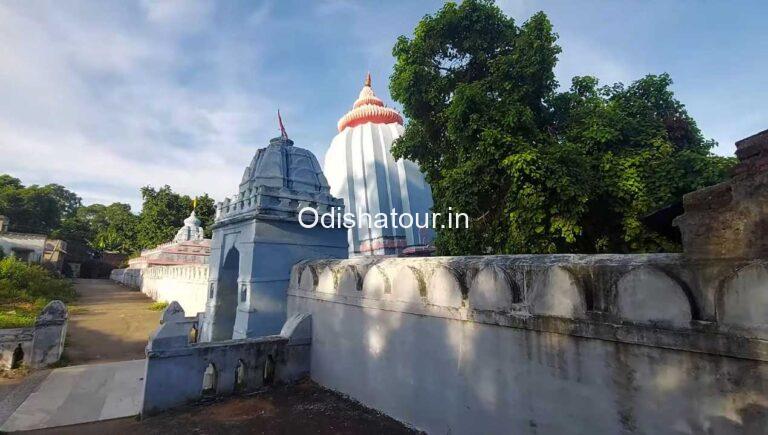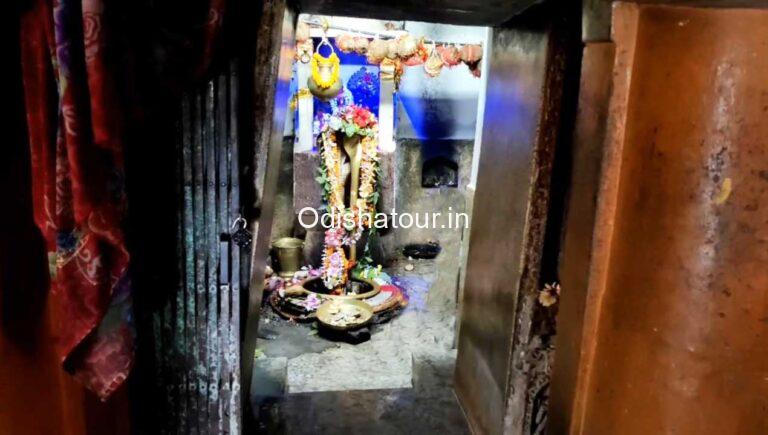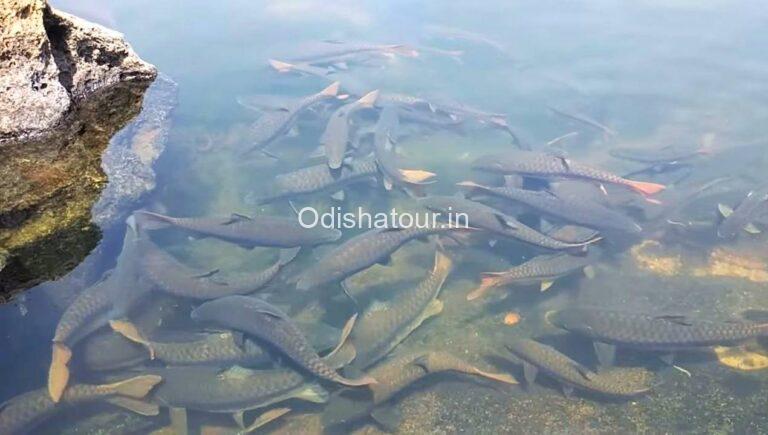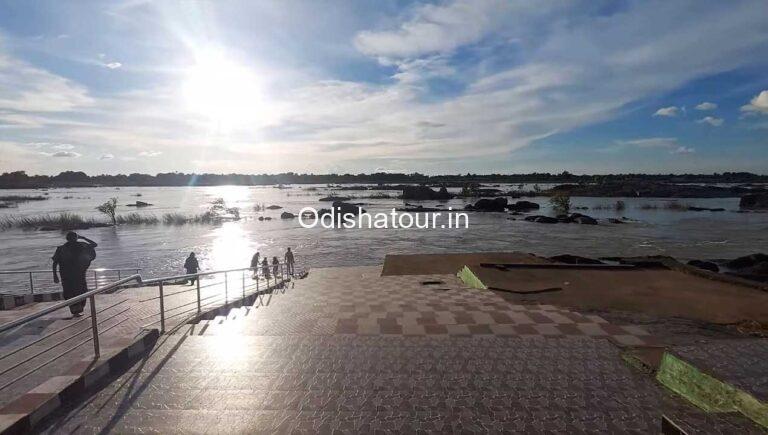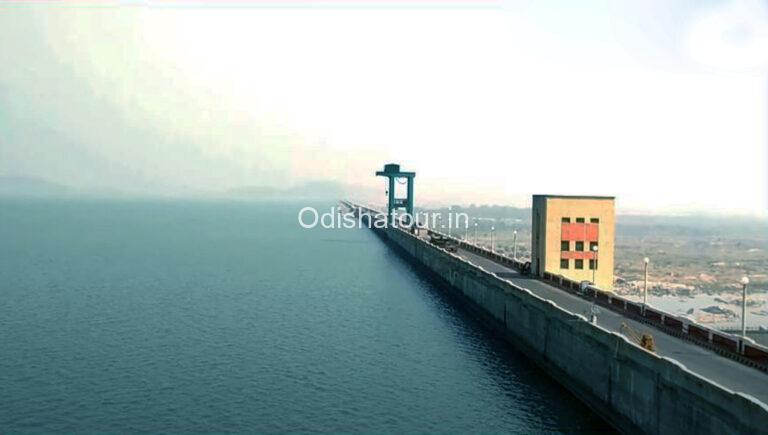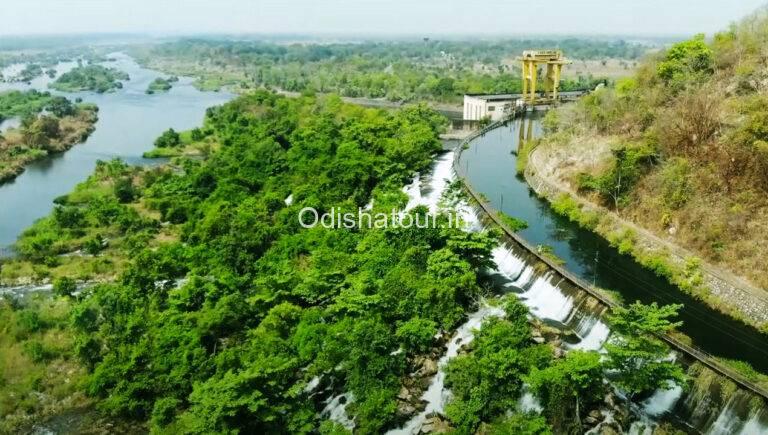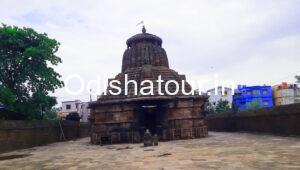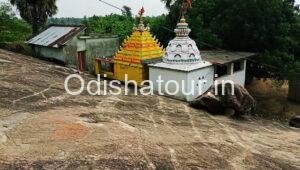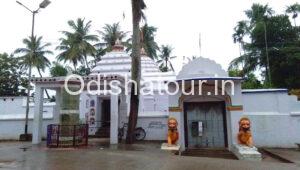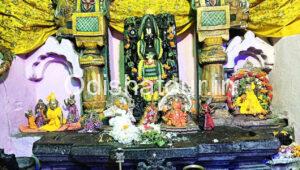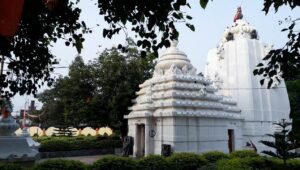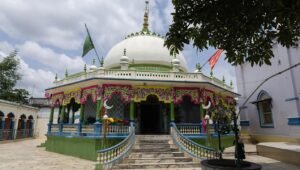Huma is famous for the Leaning Shiv Temple, located 23 km distance from Sambalpur town on the left bank of the Mahanadi River. Lord Bimaleswar Shiva is the presiding deity of this temple. The Shiva temple was built during the reign of Baliar Singh, the fifth Raja of Sambalpur. The playful Kudo fishes are a main attraction of the temple. Huma Shiva Temple is a renowned temple in the Sambalpur district. Boating is available on the Mahanadi River near the Huma Temple to entertain tourists.
The Leaning Temple of Huma is one of only two temples in India, including the Bimaleswar Huma Temple in Sambalpur. Mahashivratri is the most famous festival celebrated at this temple. Throughout the year, devotees from different parts of Odisha visit to worship Lord Bimaleswar Mahadev. The fascinating aspect of this temple is that the main structure leans in one direction while the smaller surrounding temples tilt in another. Additionally, there is a Duma Temple located in the middle of the river near the Bimaleswar Temple. The Huma Leaning Temple is one of the best tourist attractions in Sambalpur.
There is a boat jetty behind the Huma Temple from where you can visit Maa Kali in the river. The Huma Temple is one of the Ashtashambhu temples in western Odisha. The eight Ashtashambhu Shiva temples are: Kedarnath Temple at Ambabhona (Bargarh), Baidyanath Temple at Deogaon (Bargarh), Balunkeswar Temple at Gaisama (Bargarh), Mandhata Baba Temple at Maneswar (Sambalpur), Swapneswar Temple at Sorna (Bargarh), Visweswar Temple at Soranda (Bargarh), Nilakantheswar Temple at Nilji (Bargarh)
Useful Temple Information
- According to local lore, a milkman (Gauda) daily offered milk at a rock, which mysteriously absorbed it. This miracle led to the discovery of a Shiva Lingam, sparking the temple’s construction.
- One popular variation of this legend tells of a woman who caught a fish and was turned into stone; her statue reportedly stands near the temple.
- Originally believed to be built in the 12th century during the Ganga dynasty and later renovated in the 17th century by King Baliar Singh of Sambalpur.
Other Services
Destination Attractions, Destination Facilities, Transportation, Accessibility, How to Reach

